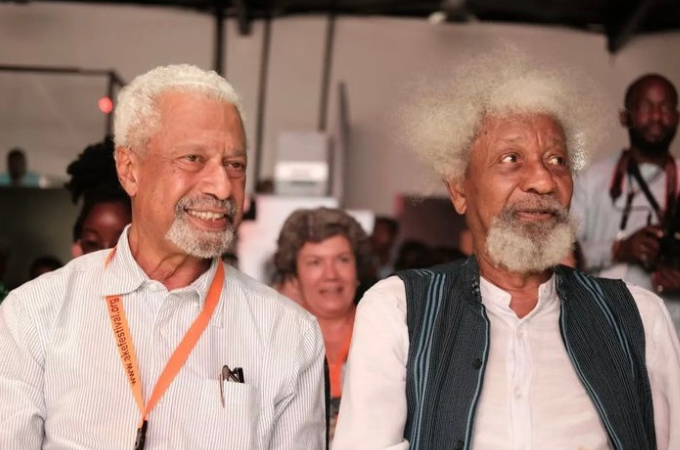
The Ake Arts & Book Festival was held in Lagos, Nigeria from November 24–26, 2022. The 2022 edition of the festival was a resounding success as prominent authors and book lovers in the African literary scene participated in the events.
The festival featured a variety of events from book chats and panel discussions to concerts and poetry nights. A host of well-known authors participated in the fest including Veronique Tadjo, Ayesha Harruna Attah, Jennifer Makumbi, Celeste Mohammed, Aiwanose Odafen, and more.
The festival was even attended by Nobel Prize winners Wole Soyinka and Abdulrazak Gurnah. Keep reading to see the festival itinerary and photos.
Day 1 – Thursday, November 24
Day 1, November 24, included an hour-long welcome ceremony headlined by Veronique Tadjo. See photos below:
View this post on Instagram
View this post on Instagram
The welcome ceremony was followed by book chats of Howard Black’s Born in Black and Kojo Karam’s Uncommon Wealth.
View this post on Instagram
The book chats were followed by a panel discussion on “Navigating Vulnerability in a Macho World” Nnamdi Ehirim commented, “Fiction allows us an avenue to explore our vulnerability.”
View this post on Instagram
View this post on Instagram
View this post on Instagram
View this post on Instagram
Next up was a conversation with Zukiswa Wanner, where she read from her book London, Cape Town, Joburg and had a conversation with Bisi Adjapon about her travels, literary aspirations and some initiatives she has recently been pursuing.
View this post on Instagram
View this post on Instagram
View this post on Instagram
Thursday afternoon featured a conversation with Tendai Huchi and a panel discussion on “New Approaches to Publishing and Distribution in Africa.”
View this post on Instagram
View this post on Instagram
View this post on Instagram
View this post on Instagram
In the evening, there were more book chats on Wanjiru Koinange’s The Havoc of Choice and Ayesha Harruna Attah’s The Deep Blue Between.
View this post on Instagram
View this post on Instagram
View this post on Instagram
Day 1 ended with a film screening of The King’s Horseman at night, attended by actor Deyemi Okanlawon.
View this post on Instagram
View this post on Instagram
Day 2 – Friday, November 25
Day 2 started off with a morning panel discussion on “Sauuti: The Making of a Shared World of African Science Fiction” with Cheryl Ntumy, Stephen Embleton, Oluwadamilare Falowo, and Wole Talabi. Ntumy remarked, “We were deliberate to create a world that is inclusive in regards to genders, sexualities and abilities.”
View this post on Instagram
View this post on Instagram
The discussion was followed by enthralling book readings and chats of Francesca Ekwuyasi’s Butter Honey Pig Bread and Aiwanose Odafen’s Tomorrow I Become a Woman.
View this post on Instagram
View this post on Instagram
View this post on Instagram
Next up was a panel discussion on “Japa vs Civic and Political Participation” with Abake Adenle, Tunji Lardner, and Tamar Nandul.
View this post on Instagram
View this post on Instagram
Next up was another book chat with authors Nokuthula Mazibuko-Msimang and Umar Turaki talking about their novels The Daughters of Nandi and Such a Beautiful Thing to Behold respectively. Msimang remarked, “Land is very spiritual for us in Africa.”
View this post on Instagram
View this post on Instagram
In the afternoon, there was a stimulating panel discussion on “When the Lion Tells its Tale: Who Gets to Tell African Stories.” Delmwa Deshi Kura said, “If you tell a story about me, please do tell the story and represent me credibly.”
View this post on Instagram
View this post on Instagram
View this post on Instagram
Next up was a conversation with Nnedi Okorafor about African science fiction. She remarked, “Growing up, I didn’t like science fiction. It was inorganic, very cold, white and very male. I don’t need to see myself in a story but I need to feel like I can exist in that world. In those books I read, I couldn’t.”
View this post on Instagram
View this post on Instagram
View this post on Instagram
Okorafor’s conversation was followed by a panel discussion on “Does Africa Need a Sexual Revolution?” Abosede George-Ogan said, “We must give people opportunities to make choices and not box them in. It is important as society to evolve beyond the boxes we have put people in.”
View this post on Instagram
View this post on Instagram
View this post on Instagram
The evening featured book chats of Leye Adenle’s The Beautiful Side of the Moon and Khadija Abdalla Bajaber’s House of Rust. Bajaber remarked, “When it comes to setting, it is important to write stories from your home, from your place; if you don’t do it, other people will.”
View this post on Instagram
View this post on Instagram
The final panel discussion for Day 2 was on “Art for Civic Participation.” One of the panelists Cynthia Mbamalu rightly said: “We need to amplify what people are doing because most times people don’t see the progress made. No one is telling the stories that’s why people don’t see the change. We need the creatives.”
View this post on Instagram
View this post on Instagram
View this post on Instagram
View this post on Instagram
Day 2 ended with a bang as the concert rejuvenated attendees’ spirits for the final day. See photos below:
View this post on Instagram
View this post on Instagram
View this post on Instagram
Day 3 – Saturday, November 26
Day 3 started off with a panel discussion on “Introducing New YA Fiction from Across Africa” with Blessing Musariri, Ruby Goka, and Miracle Emeka-Nkwor. Goka made a wonderful comment, “We force children to grow up quickly and they become mentally unstable. It’s all these responsibility we put on children at an earlier age. Leave a child to be a child, leave a child to make their own mistakes.”
View this post on Instagram
View this post on Instagram
View this post on Instagram
View this post on Instagram
Next up was a conversation with Jennifer Makumbi about her prolific body of work. Makumbi said, “The unpredictability of African life for me is where the story lies.”
View this post on Instagram
View this post on Instagram
View this post on Instagram
Next up was an interview with Femi Elufowoju Jr. about his work Far From Being a Country. He said, “When it comes to documenting, you can’t freely take pictures in some countries in Africa. So put most of my experiences into a travellogue and a documentary will be out soon.”
View this post on Instagram
The afternoon featured an insightful conversation with Abdulrazah Gurnah. He rightly remarked, “Until we’re more opened about the consequences of colonialism, we shouldn’t stop talking about it.”
View this post on Instagram
View this post on Instagram
View this post on Instagram
Next up was a panel discussion on the topic of “Will We See Inclusive Economic Growth in Our Lifetime?”
View this post on Instagram
View this post on Instagram
View this post on Instagram
View this post on Instagram
The final book chats of the festival were up next with Celeste Mohammed’s Pleasantview and Chimeka Garricks’ A Broken People’s Playlist. Mohammed said, “Ever since I started writing, something I had at the back of my mind was to break the stereotype around female writers.”
View this post on Instagram
View this post on Instagram
View this post on Instagram
The book chat was followed by the last panel discussion of the fest on the topic of “African Feminist Identities Across Generations.” The panelists included Bisi Adeleye-Fayemi, Lebogang Mashile, and Jola Ayeye. Ayeye remarked, “To dismantle patriarchy we don’t have to rely on the benevolence of the leaders of patriarchy.”
View this post on Instagram
View this post on Instagram
View this post on Instagram
View this post on Instagram
The evening featured “The Life & Times” series where Kinna Likimani spoke to Veronique Tadjo about her journey as a writer. Tadjo remarked, “I chose Black American studies because I was transfixed by the transformation of our stories; what we have become after the traumatic experience of slavery.”
View this post on Instagram
View this post on Instagram
View this post on Instagram
View this post on Instagram
View this post on Instagram
The festival ended with a grand finale in the form of the Palm Wine and Poetry Night. The performers included Lebogang Mashile, Logain Ali, Moyosola Olowokure, Yusuf Balogun, Maryam Bukar, Hauwa Saleh, and Tade Ipadeola.
View this post on Instagram
View this post on Instagram
View this post on Instagram
View this post on Instagram
View this post on Instagram
View this post on Instagram
View this post on Instagram
View this post on Instagram
Overall, Ake Fest 2022 was a huge success and we cannot wait to see what next year’s festival holds! Stay tuned for more details about upcoming festivals.


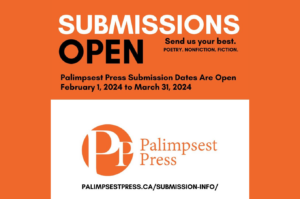


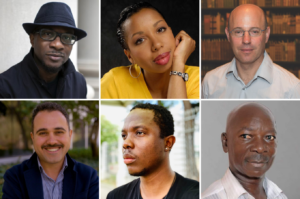
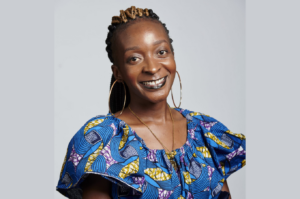
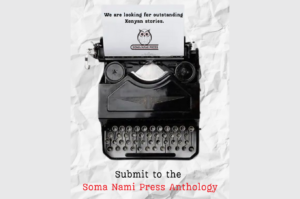

COMMENTS -
Reader Interactions